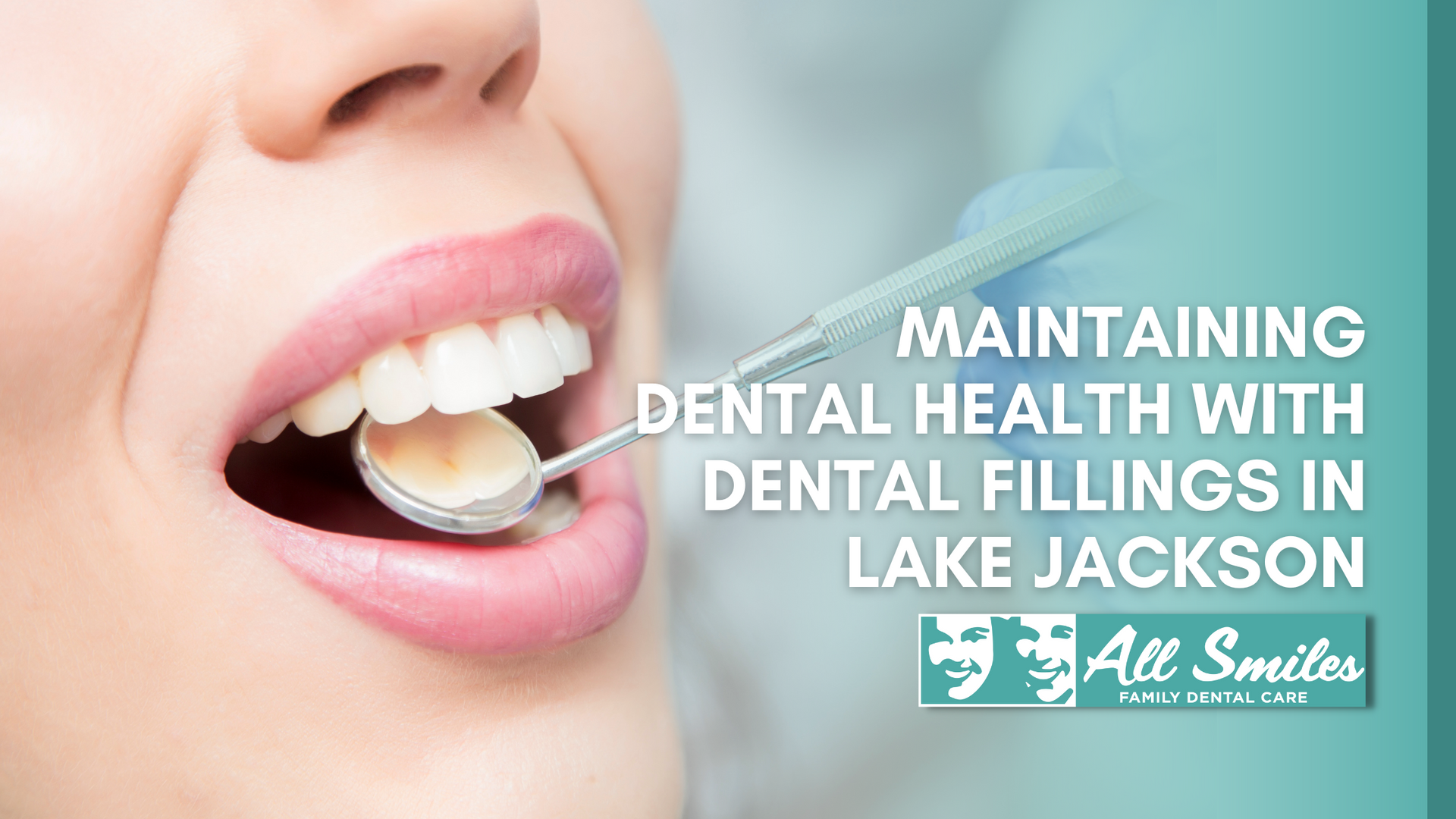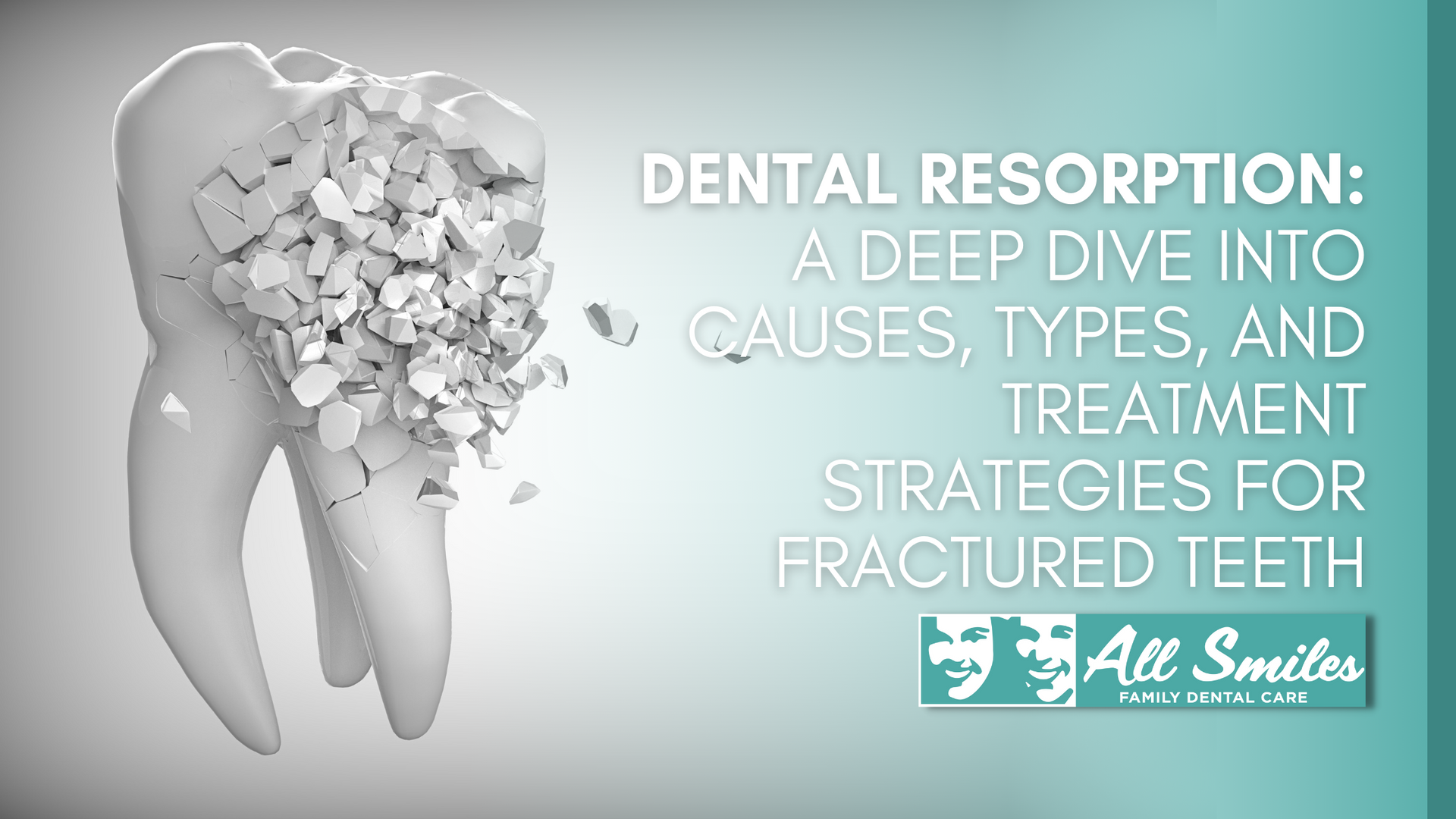What Age Should a Child Go to the Dentist?
We tend to think that baby teeth don’t matter because they eventually fall out. But the truth is, the health of a child’s first teeth can dictate their oral health into adulthood. Regular exams and cleanings are crucial not only for keeping a child’s teeth healthy but also for teaching important dental hygiene habits. So what age should a child go to the dentist? The answer may surprise you.
Do Young Children Need to Go to the Dentist?
It is recommended that children visit a pediatric dentist within six months of the arrival of their first tooth. For most children that is roughly around age one. Many parents are often shocked by this early age; however, tooth decay doesn’t have age limits. Sugar from milk and juice can wreak havoc on infant and toddler teeth, especially if they are prone to falling asleep with the bottle in their mouth. Known as baby bottle tooth decay, this issue is widespread and can lead to cavities if not caught early.
Apart from catching tooth decay, taking your child to the dentist from an early age will ultimately help them get comfortable with trips to the dentist. Getting used to the chair, the tools, and the cleaning will help prevent tears down the road because your child will be used to the dentist the more regularly you take them.
Why Baby Teeth Actually Do Matter
Some parents aren’t concerned about tooth decay or cavities in their young children since baby teeth fall out within the first few years of life. However, it is preferable for baby teeth to fall out naturally and not as a result of problems or decay. These issues can negatively affect the underlying adult teeth. If the adult teeth come in too early, they are more likely to grow in misaligned or crooked. Additionally, we want children to take their dental hygiene seriously. If they don’t have good dental habits from an early age, this can persist into adulthood where they will potentially face serious issues.
What You Can Expect at Your Child’s First Dental Visit
A pediatric dentist is well-versed in helping children feel safe, comfortable and calm. If your child is an infant or toddler, the dentist will spend most of the visit discussing proper brushing technique, pacifier use, and nutrition to keep your baby’s teeth healthy. The dentist will also examine your baby’s mouth and check for issues with the gums and jaw, check your baby’s bite and look for signs of tooth decay. A first visit is generally low stakes and will help your child get acclimated to the dentist’s office.
If you have an older child who is coming in for a first visit, try to quell any anxiety they might have by preparing them for their appointment. Read a story together about a trip to the dentist so they get a feel for what they will encounter. It’s also important to make sure they are well fed and have gotten enough rest so that they don’t feel extra stress at their visit. The most important thing you can do for your child is to be calm and model good behavior at the dentist’s office. This will help put their mind at ease.
After the Initial Visit, Keep Up Regular Appointments!
Once your child has gotten their initial visit out of the way, it is important to keep up with regular appointments. This helps your child develop good dental hygiene habits, allows your dentist to identify any issues as early as possible and prevents the build-up of tartar and plaque that can lead to cavities and bloody gums.
As with adults, it is recommended that children see their dentist twice a year. By age six your child will have had their first dental X-rays which help your dentist check that your child’s teeth are healthy and coming in correctly.
Promote Good Dental Health at Home
No matter when your child has their first visit, the key to good oral hygiene is practicing at home. Start out by brushing and flossing your child’s teeth at routine times. When you go to the store, allow your child to choose which toothbrush and toothpaste they will use. Giving them that choice helps generate excitement and ownership over their dental hygiene.
Once your child can brush on their own, make it part of their morning and bedtime routine. Once they have finished brushing, look at their teeth and encourage them to brush longer if you notice any areas they may have missed. To really generate excitement and accountability, make a chart and give them a star every time they brush. There are also a myriad of fun, entertaining apps, and games that teach children about oral hygiene.
Visit All Smiles Dentistry the Family Friendly Dentist in Lake Jackson, TX!
No matter how old your child is, at All Smiles Dentistry we take the time to make them comfortable so that a trip to the pediatric dentist is stress-free. Contact our friendly staff to set up an appointment and we will help your child develop the habits needed to maintain a sparkling smile.
The post What Age Should a Child Go to the Dentist? first appeared on All Smiles Dentistry.


We are the local Lake Jackson dentist near you!
We keep our patients smiling
Request Your Next Dental Appointment
We look forward to seeing you soon!
Please note, we will try our best to accommodate your schedule.
Thank you so much for contacting our dental practice. While we strive to respond to all inquiries right away, we may be away from the desk helping a patient or out of the office. We will do our best to reach back to you shortly.
Please note, if this is a dental emergency, it would be best to call our practice as this is the fastest way to reach us (979) 297-1128.
Please try again later
Lake Jackson Dentist
We understand that trying to find a nearby dentist you can trust is difficult, that is why we make it easy for you to work with us.
(979) 297-1128
205 Parking Way
allsmileslj@sbcglobal.net
Helpful Links
Dental Practice Hours
- Monday
- -
- Tuesday
- -
- Wednesday
- -
- Thursday
- -
- Friday
- -
- Saturday
- Closed
- Sunday
- Closed
All Rights Reserved | All Smiles Dentistry
All Rights Reserved | All Smiles Dentistry
Dentist Website Diagnosed, Treated, and Cured by Dr. Marketing Inc

